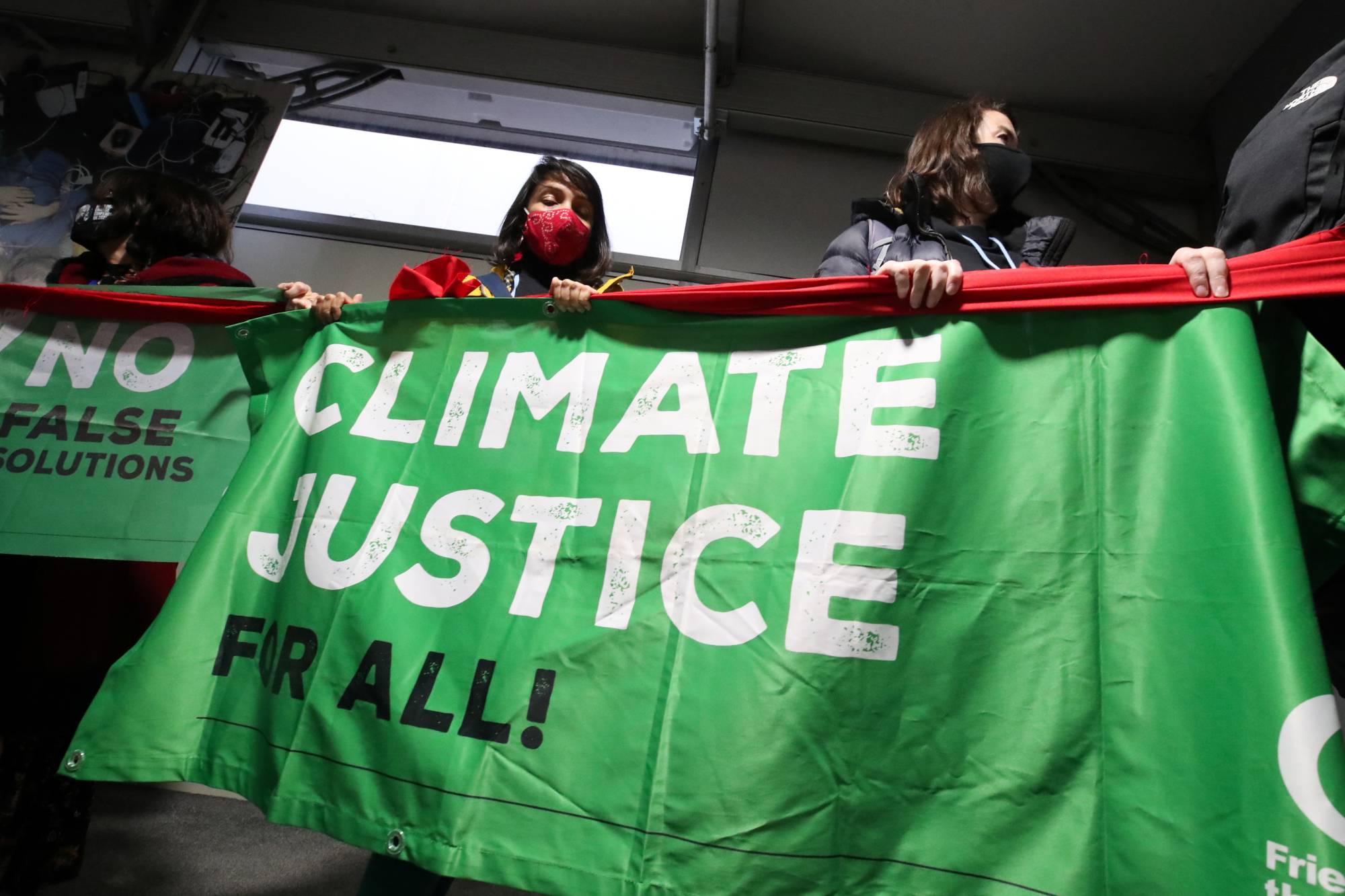For all the weeks of negotiation and hard-headed diplomacy that go into the text of an international agreement, the words that result in the end aren’t a magic spell.
Whether the communique resulting from the Glasgow climate conference promises to "accelerate the phasing out of coal and subsidies for fossil fuels” (as initial drafts proposed) or instead to escalate "efforts towards phase-down of unabated coal power and phase-out of inefficient fossil fuel subsidies,” (in the softened language of the final agreement), it will barely change what the world’s big emitters do over the coming years.
At the same time, the governments that sign such agreements clearly do believe that words have a power of enchantment. Why else has it taken 26 meetings for a passage singling out fossil fuels to make it into the wording of a climate agreement? Language crystallizes the more important reality that’s emerging away from the conference halls in power stations, industrial facilities and government offices around the world. In its modest way, it also helps edge that process along.


















With your current subscription plan you can comment on stories. However, before writing your first comment, please create a display name in the Profile section of your subscriber account page.